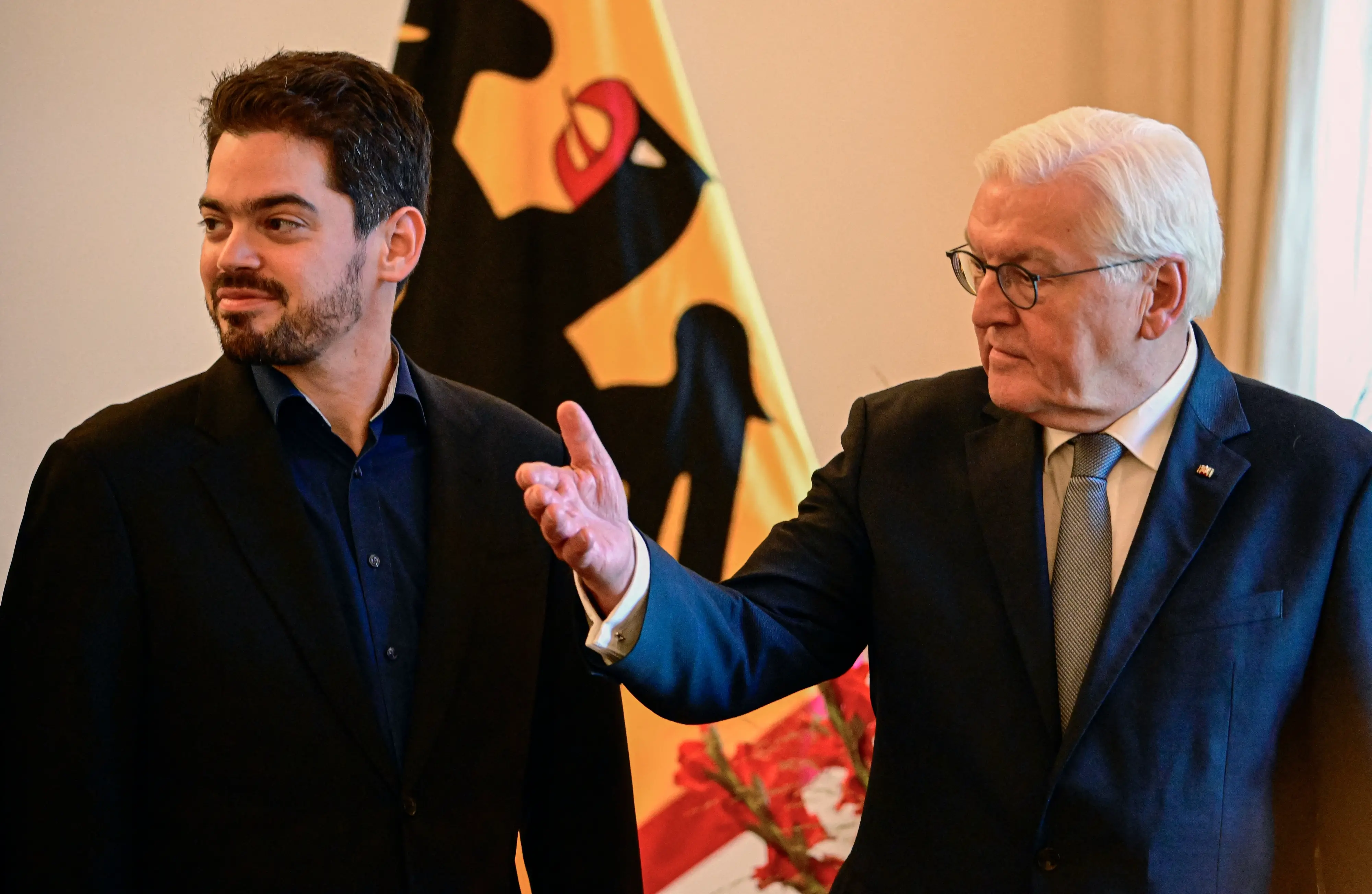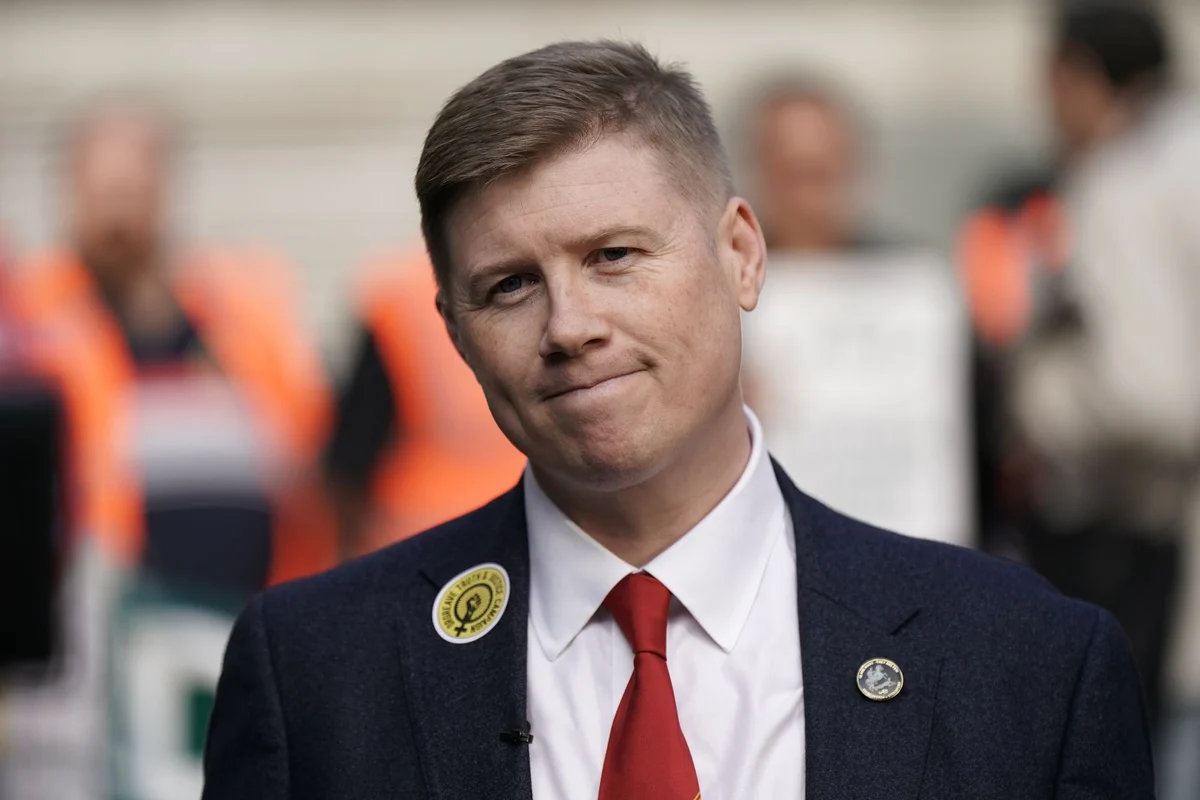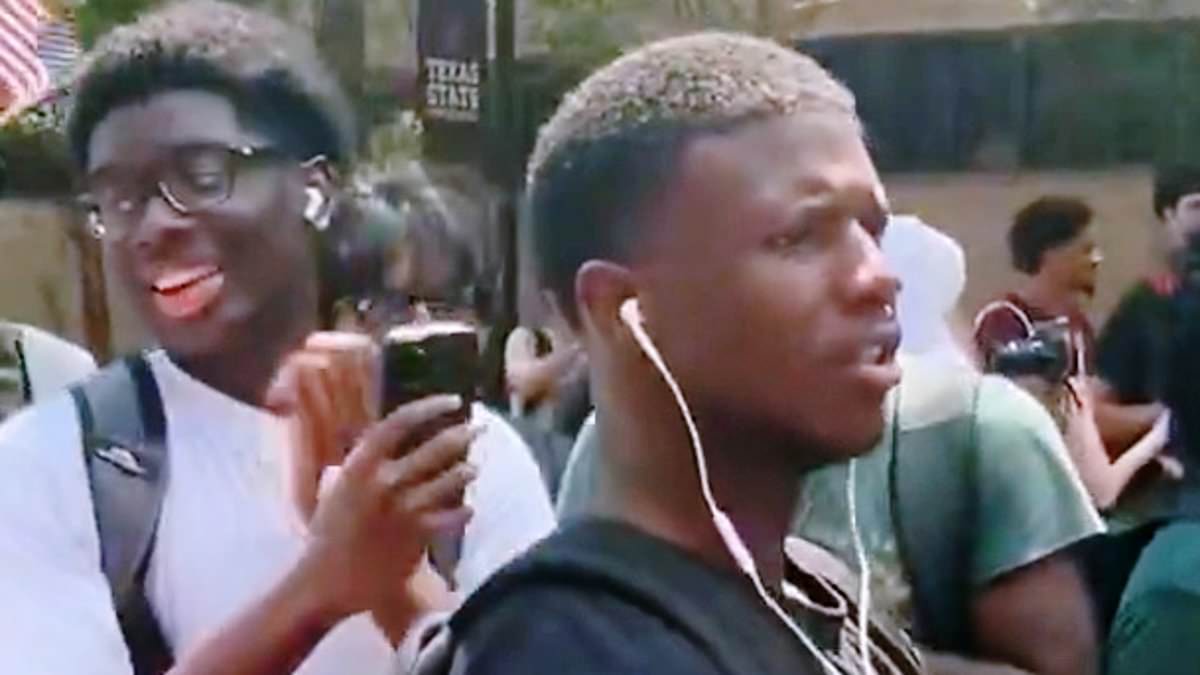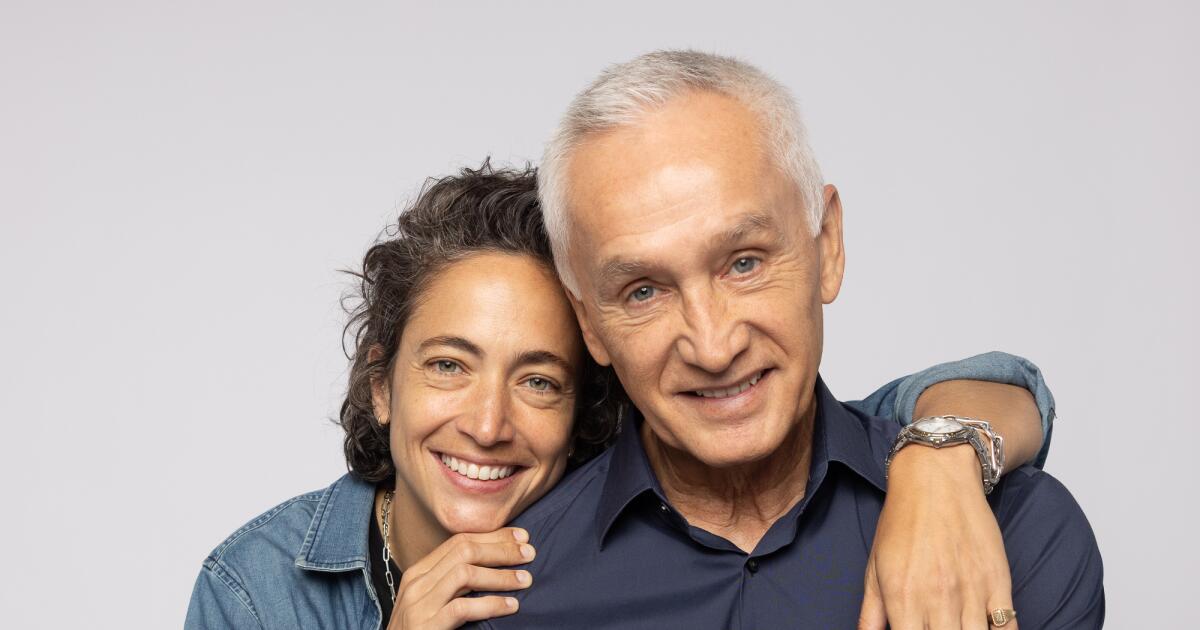By Danny Driver
Copyright thejc

Anti-Israel protests and attempted academic, political, and cultural boycotts of Israelis are nothing new. It was September 2011 when the Israel Philharmonic last appeared at the BBC Proms, their concert taken off air mid-broadcast because of persistent disruption by pro-Palestinian protestors. Since the murderous Hamas attacks of October 7th 2023 and Israel’s blistering response, anti-Israel protests have reached a new pitch (witness the regular marches and counter-marches in central London) and have had pernicious consequences in the arts world. Last year we saw the suspension of Baillie Gifford’s sponsorship of the Hay Festival, targeted because a (very small) part of their investments are held in businesses related to fossil fuels and to Israeli companies. Last month the Royal Ballet and Opera withdrew their production of Tosca planned for the Israeli Opera’s 2025-26 season, only days after a cast member unfurled a Palestinian flag during a curtain call. When once asked by an editor for comment on contemporary politics, Anton Chekhov wrote back “You confuse two things: solving a problem and stating it correctly. It is only the second that is obligatory for the artist”. No writer myself, I hope you will permit me an addition – that if artists do attempt to solve political problems, they need to state them correctly in the first place. Without accuracy and civilised discussion based on facts, problem-solving is doomed to failure. In the arts world, stating the problem has too often meant stating that Israel is the problem. This is an untenably ill-informed position, and with colleagues I have felt the urge to fight back. Last year the Concertgebouw in Amsterdam, one of the world’s leading concert organisations, cancelled two Jerusalem String Quartet performances after pro-Palestinian protestors credibly threatened disorder and violence (the evidence was the chaos wrought at the University of Amsterdam). Only the previous week the same quartet had performed a programme of Haydn, Paul Ben-Haim, and Debussy at Wigmore Hall without incident. Wigmore Hall’s director told me that he could easily have advised the Concertgebouw on how to achieve the same smooth results, had he been asked. Sadly the Concertgebouw management did not seek advice, despite claiming to the contrary, and cancelled unilaterally after the quartet refused to withdraw of their own accord. The decision was overturned after our petition calling for reinstatement of the concerts gathered 13,000 signatures in only three days and fuelled worldwide media coverage. The Concertgebouw’s misguided cancellation was ostensibly justified by the security needs of the audience and the hall’s staff. Granted, these needs should be considered, but capitulating to a bullying mob threatening violence and property damage sets a dangerous precedent. It was thus a shock to us when, last week, the Ghent Festival of Flanders cancelled the forthcoming concert of the Munich Philharmonic Orchestra under conductor Lahav Shani (Munich’s Chief Conductor designate, and also Chief Conductor of the Israel Philharmonic), stating “we have chosen to maintain the serenity of our festival and safeguard the concert experience for our visitors and musicians”. The festival further ‘justified’ its cancellation by saying that, although Shani had ‘spoken out in favour of peace and reconciliation several times in the past…in thelight of his role as the chief conductor of the Israel Philharmonic Orchestra, we are unable to provide sufficient clarity about his attitude to the genocidal regime in Tel Aviv.” These words are deeply troubling, and not only because the word ‘genocide’ is highly contentious. Worryingly, the Festival made it clear that Lahav Shani’s views in favour of peace and reconciliation were of no interest to them. They seemed more concerned, rather, with enshrining their own opinion of Israel as the standard to which Lahav Shani should adhere. And why should he have to? Simple – because he is Israeli. If he were not, the festival would not be interrogating his stance on the conflict in Gaza. This is discriminatory. Once news broke, another petition seemed absolutely necessary. I co-authored a letter with Mahan Esfahani, conductor Joshua Weilerstein, and the Jerusalem Quartet’s cellist, Kyril Zlotnikov late that night. Supported by over 16,000 signatories to date, our letter called on the Ghent Festival to reverse their decision with immediate effect, and return to upholding the values of dialogue and openness that are the bedrock of artistic life. Such a morally bankrupt cancellation would do nothing to save a single Palestinian life, bring a hostage home, or to make any improvement to the unbearable civilian suffering currently taking place in this conflict, but would resonate loudly with those who equate an artist’s nationality with an excuse to exclude them from the cultural sphere. We are still awaiting a response. In the meantime, many politicians including the Prime Minister of Belgium Bart de Wever have expressed support for Lahav Shani, and the Berlin Music Festival scheduled a special concert for the Munich Philharmonic and soloist Lisa Batiashvili at the Konzerthaus at short notice. These actions should be cheered. Danny Driver is a Jewish London-based concert pianist who performs internationally and teaches at the Royal College of Music



